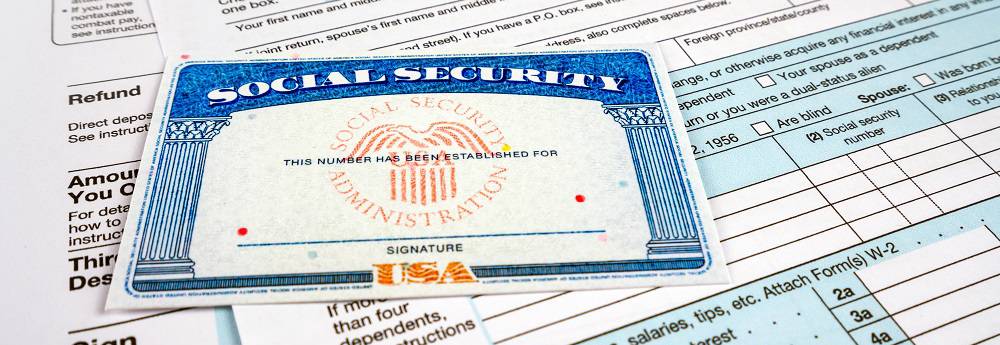Social Security Disability Insurance (SSDI) provides financial assistance to disabled persons who cannot work due to the severity of their disability.
While there are a few medical requirements for SSDI eligibility, several non-medical requirements must also be met.
This post explores the non-medical requirements for SSDI. You can also check out the conditions that automatically qualify you for disability even if you don't meet these non-medical requirements.
Overview Of SSDI Benefits
SSDI benefits are an important resource for those who have suffered from a severe disability in the United States. It is a program set up by the federal government that provides monthly financial benefits to people who are unable to work due to a physical or mental disability, as well as their families.
SSDI benefits also provide medical insurance through Medicare and, possibly, additional income if you meet certain criteria. SSDI not only helps individuals struggling with disabilities receive coverage for day-to-day living expenses but also supports them in regaining the ability to contribute to society and the economic growth of the nation.
It is one of many essential programs designed to help those with disabilities lead fulfilling lives.
Non-Medical Requirements For SSDI

When you apply for SSDI benefits, the Social Security Administration (SSA) will review your application and determine if you meet the medical and non-medical criteria for receiving benefits.
The non-medical criteria revolve around how much and how long you've worked and contributed to your Social Security benefits.
- Work Credits: Depending on your income, you can get up to 4 credits every year. The income needed to get 1 work credit changes every year. On average, to get the disability benefit, you need at least 40 Social Security credits.
- Age: Your age plays a factor in determining how many work credits you should have earned before receiving disability benefits. If you're under 24 years old, you only need 6 credits earned in a 3-year period before the disability starts. This increases as you get older.
SSDI Work Credits And FICA Taxes
SSDI Work Credits and FICA taxes come into play to determine how much SSDI can be received. Your SSDI benefit amount is based on the work credits you earn while working and paying FICA taxes.
Generally, the more you work and pay taxes, the higher your SSDI benefits could be.
For 2023, you'll earn 1 credit for every $1,640 income increment. The maximum credit remains at 4 when you reach $6,560.
Frequently Asked Questions
If you still need further information, check out the answers to the most commonly asked questions below.
Disqualifying a person from disability benefits can be complicated, as the SSDI program often looks at various physical, mental, and other factors when determining eligibility.
Several factors can lead to SSDI disqualification depending on the type of disability benefits sought. A person might be disqualified if they work for wages higher than SSDI's level of income, considered "substantial gainful activity," or if their medical condition is not expected to last at least 12 months.
Ultimately, SSDI will look at each claim's history and predicted function to determine eligibility for the Social Security disability program.
Three of the most widely-known disability types are visual disability, hearing disability, and ambulatory disability.
A visual disability results in individuals being less able to process what they see clearly or at all, whereas a hearing disability includes difficulty hearing sounds or understanding speech.
Ambulatory disability is when an individual’s inability to move freely affects their lifestyle drastically as it impacts their ability to access different places.
The SSA determines if you meet the requirements for disability. They use a list of criteria to decide if an individual is eligible for SSDI benefits.
While countless online resources offer advice on SSDI eligibility, they cannot replace the SSA's official review.
Ultimately, it's best to submit an application with all necessary documents in order to determine if you meet the requirements for SSDI benefits.
If you are applying for SSDI benefits, it's important to understand the medical and non-medical requirements that must be met for your application to be approved.
Disabled individuals must familiarize themselves with all the necessary criteria before submitting their applications to maximize their chances of success when applying for SSDI benefits.
Want to increase your chances of getting approved? Check out our article on the top 6 signs that you will be approved for disability.





